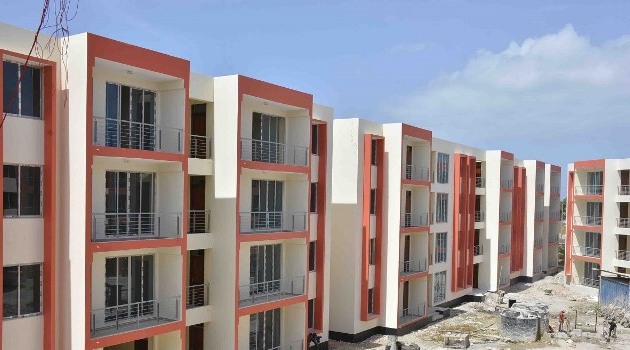In 2018, the government of Kenya, under then President Uhuru Kenyatta, launched its Big Four agenda, which included the provision of decent housing for low and middle-income earners as a key pillar.
However, despite constitutional guarantees of the right to accessible and adequate housing, housing remains a major challenge in Kenya, particularly in urban centers where 61 percent of households live in informal settlements.

Kenyatta’s plan aimed to build 500,000 housing units in five years under the affordable housing scheme, known as Boma Yangu (‘My Home’ in Kiswahili), with workers contributing through a check-off system and those in the informal sector making voluntary contributions.
However, challenges such as insufficient finance, unaffordable mortgages, and a lack of available land led to only over 3 percent (13,529 units) of the target being achieved by the end of 2022.
READ ALSO: Kenyan Housing Ministry Proposes Significant Rent Increase for Government Accommodations
Pauline Wanjiru, a fruit trader in Nairobi, enrolled in the programme, making monthly contributions to raise the 10 percent deposit required to become a homeowner. Despite economic challenges, she remains committed to her goal of owning a home.
The scheme, now rebranded as the Affordable Housing Programme, faces uncertainty due to resistance to a mandatory levy imposed on workers to fund the project’s base capital. Critics argue that the levy is burdensome, especially for low-income earners.
The project has also faced legal challenges, with courts ruling the levy unconstitutional and discriminatory. The government’s lack of clear plans for taxing informal sector workers further complicates the scheme’s future.
While the government remains committed to the project, controversies over land ownership and the allocation process have arisen.
Critics argue that the scheme primarily benefits middle-class workers and lacks guarantees for salaried contributors.
As the scheme’s future hangs in the balance, stakeholders emphasize the need for a comprehensive approach to address housing needs, including innovative financing mechanisms and policy reforms to ensure sustainable housing development.





